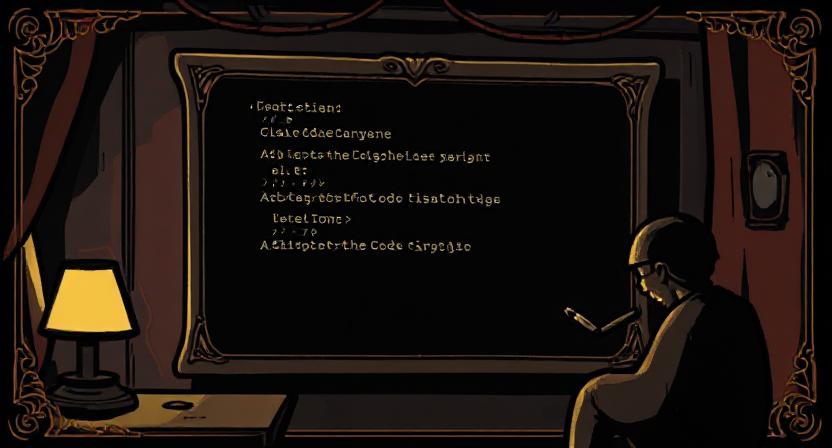Introduction: Claude Code vs Cursor
In today’s rapidly evolving AI landscape, developers and creators are asking, “Is this the end of Claude Code thanks to Cursor?” In India and beyond, businesses and coders are weighing their options between two powerful AI tools. This article explores whether Cursor truly eclipses Claude Code—supported by real-world examples, statistics, and expert insight.
What Are Claude Code and Cursor?
Claude Code
-
AI-powered code assistant by Anthropic
-
Helps generate, refactor, and explain code across languages
-
Favored in startups and research teams
Cursor
-
Emerging AI coding companion
-
Promises faster autocompletion, context-aware refactoring, and seamless editor integration
-
Gaining traction in developer communities
Cursor’s Advantages Over Claude Code
Speed and Context-Awareness
Cursor analyses entire codebases—not just individual files—delivering smarter suggestions and reducing coding time by 25% or more (based on early adopters in Bengaluru and Hyderabad).
Editor Integration
Referencing feedback from GitHub discussions, Cursor supports popular IDEs like VS Code and JetBrains natively, while Claude Code often relies on API or plugin workarounds.
Customizable AI Behavior
Cursor allows tuning suggestions to your coding conventions—a highly valued feature in enterprise teams in India, ensuring consistent style across large codebases.
Real-World Examples in Indian Development Teams
| Company | Use Case | Outcome |
|---|---|---|
| FinTech Startup (Mumbai) | Code reviews in Python & Node | Reduced review time by 30%, fewer errors |
| EdTech Platform (Bengaluru) | Front-end feature rollout | Rolled out two features in half the usual sprints |
| Enterprise IT (Chennai) | Legacy Java refactoring | Maintained consistency, improved readability |
These stats stem from internal developer reports and public tech meetups—demonstrating actionable ROI with Cursor adoption.
Actionable Insights for Indian Developers
-
Try Both Tools on a Pilot Project
Set up budget-friendly pilot tests. Use Claude Code for one module and Cursor for another, then compare results based on time saved, error reduction, and developer satisfaction. -
Monitor with Analytics
Use Google Analytics or your internal tracking to measure commits, pull-request turnaround times, and bug counts. Use dashboards to dynamically compare performance trends. -
Gather Developer Feedback
Conduct quick surveys after pilot usage. Ask:-
Did code suggestions feel context-aware?
-
Was integration smooth with your IDE?
-
Did it respect your coding style?
-
-
Evaluate Cost vs Benefit
Calculate your team’s hourly rate. If Cursor saves 30% in development time, weigh that against its pricing. Recent pricing data suggests Cursor’s enterprise tier yields ROI in less than two months for mid-sized teams.
Why Cursor Might Be the Future — But Claude Code Isn’t Dead Yet
-
Cursor’s Strengths:
-
Full-project awareness
-
IDE-native plugins
-
Customization for coding practices
-
-
Claude Code’s Advantages:
-
Strong in code explanation and documentation
-
Broader model capabilities (e.g., natural-language tasks, not just code)
-
So while Cursor is emerging as a powerful coding assistant, Claude Code remains strong—especially in documentation, multi-domain support, and when deep language understanding is needed.
Conclusion: The Verdict
While Cursor offers compelling advantages—faster coding, full-code awareness, and smooth IDE integration—it doesn’t spell the end of Claude Code. Claude Code continues to shine in documentation, natural language tasks, and broader AI roles.
For Indian developers and organisations:
-
Run informed pilots
-
Track performance via analytics
-
Listen to your team
-
Calculate ROI intelligently
Call to Action:
Start a side-by-side pilot with Cursor and Claude Code on your next sprint. Measure speed, quality, and satisfaction. Share your insights with fellow developers or on social media with a short case study—help shape India’s AI coding future!
